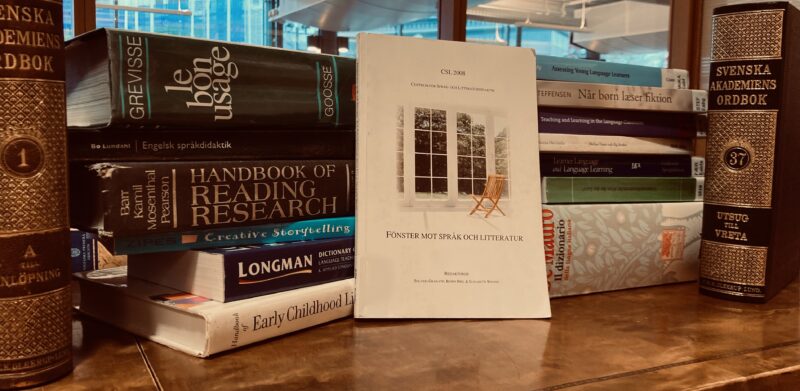
Blogg

Blogg
Marco Berton, lecturer in Spanish
The adjective “sophisticated” is often associated with the idea of something advanced or complicated. As far as vocabulary is concerned, sophistication generally refers to the proportion of uncommon words in a given language sample (Read, 2000: 204), and is calculated by comparing it to an existing frequency list of the target language. Furthermore, when it comes to writing in a second language, a sophisticated lexicon is considered desirable, i.e., becoming proficient in a language also implies development in lexical sophistication. It therefore can be considered a good indicator of learners’ lexical proficiency which, in turn, is a part of their overall proficiency. Sophistication is arguably one of the most investigated features of what is commonly referred to as lexical richness, a construct that has mainly been investigated in L2 English. Our study (Berton and Sánchez, 2023), published in the volume Current Perspectives in Spanish Lexical Development, focuses on lexical sophistication in Spanish, a much less investigated language compared to English. It aims to discover what factors have an impact on lexical sophistication in Spanish as a foreign language when it comes to written production. Besides, being that task-based language teaching is the dominant approach in modern language pedagogy, the role of the type of pedagogic task is investigated. This is aimed at providing valuable information to teachers as to what type of task would possibly result in a higher use of low-frequency words. Läs mer här
Här kan du bläddra bland äldre blogginlägg